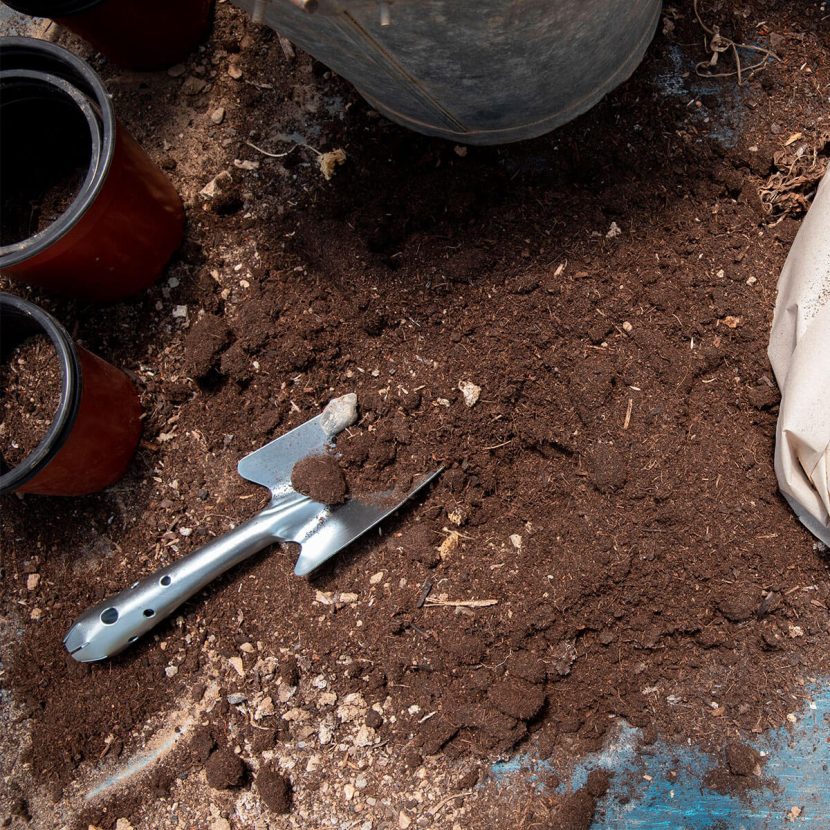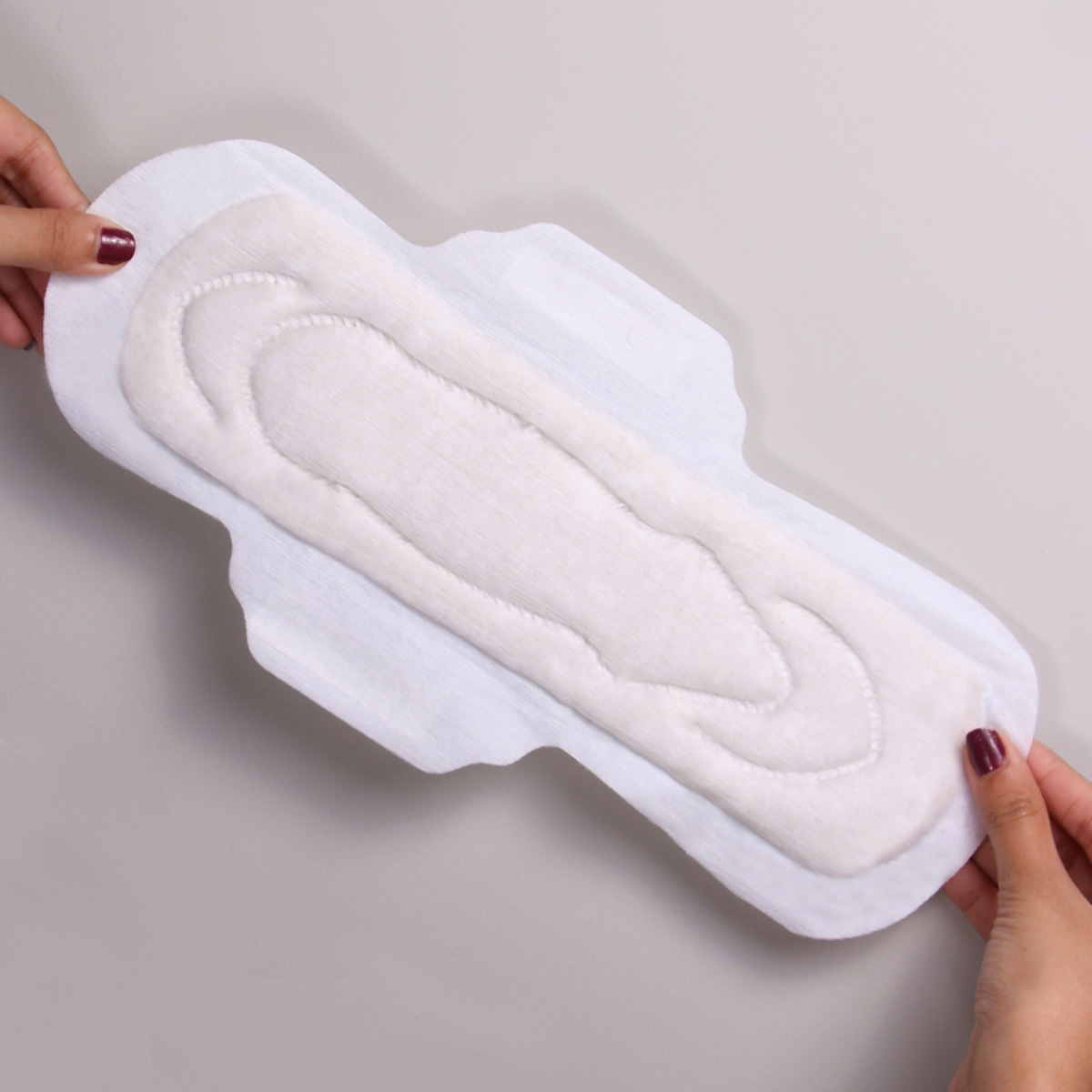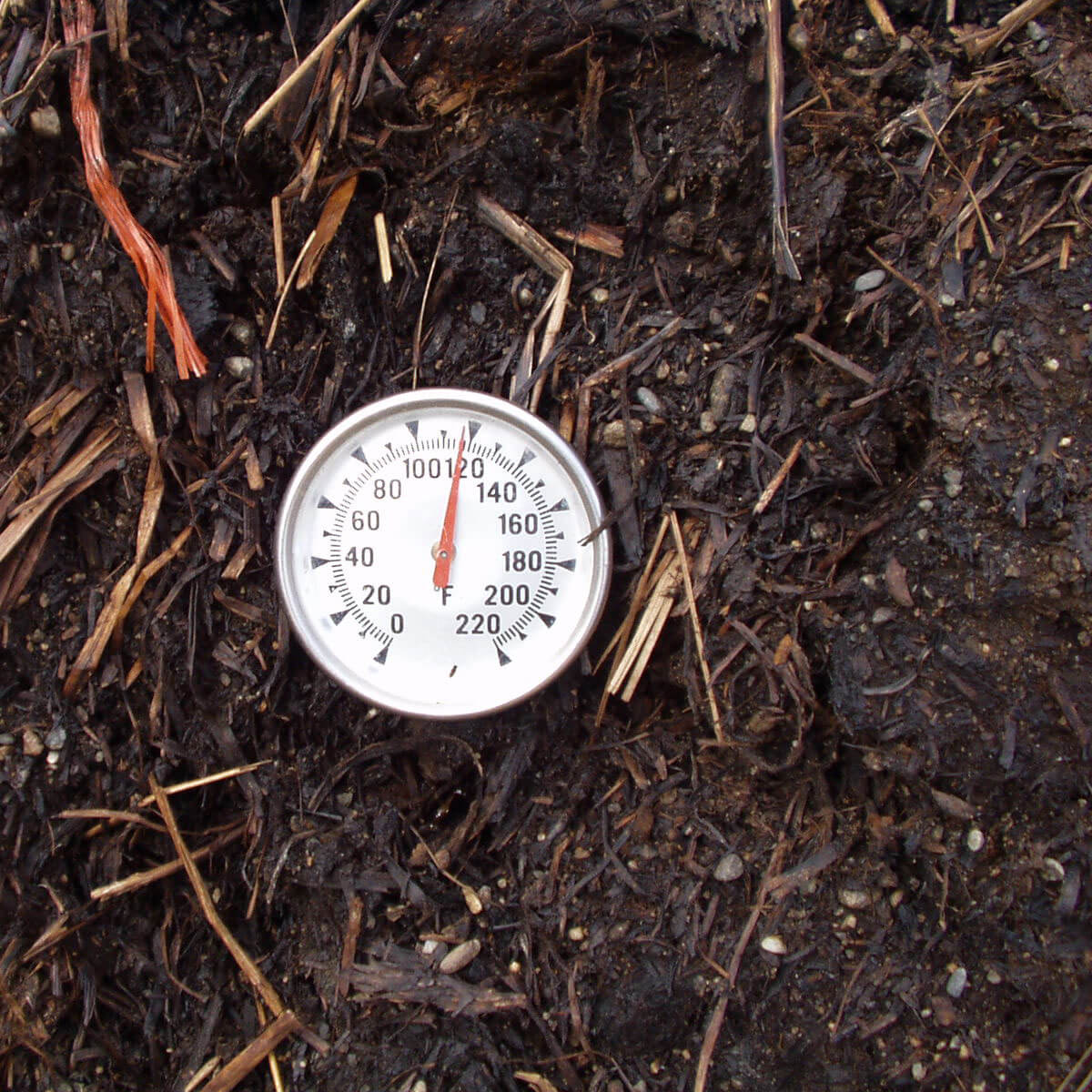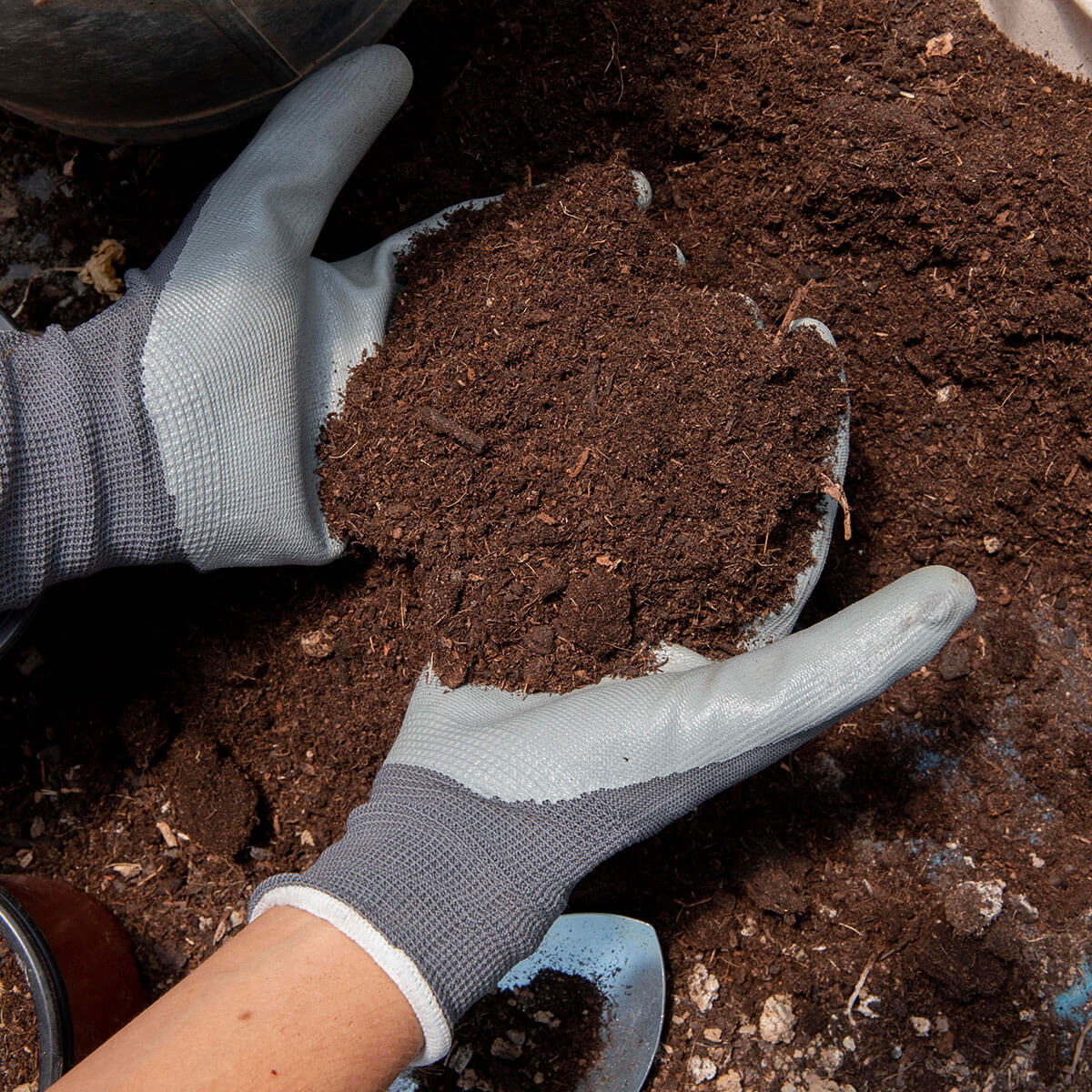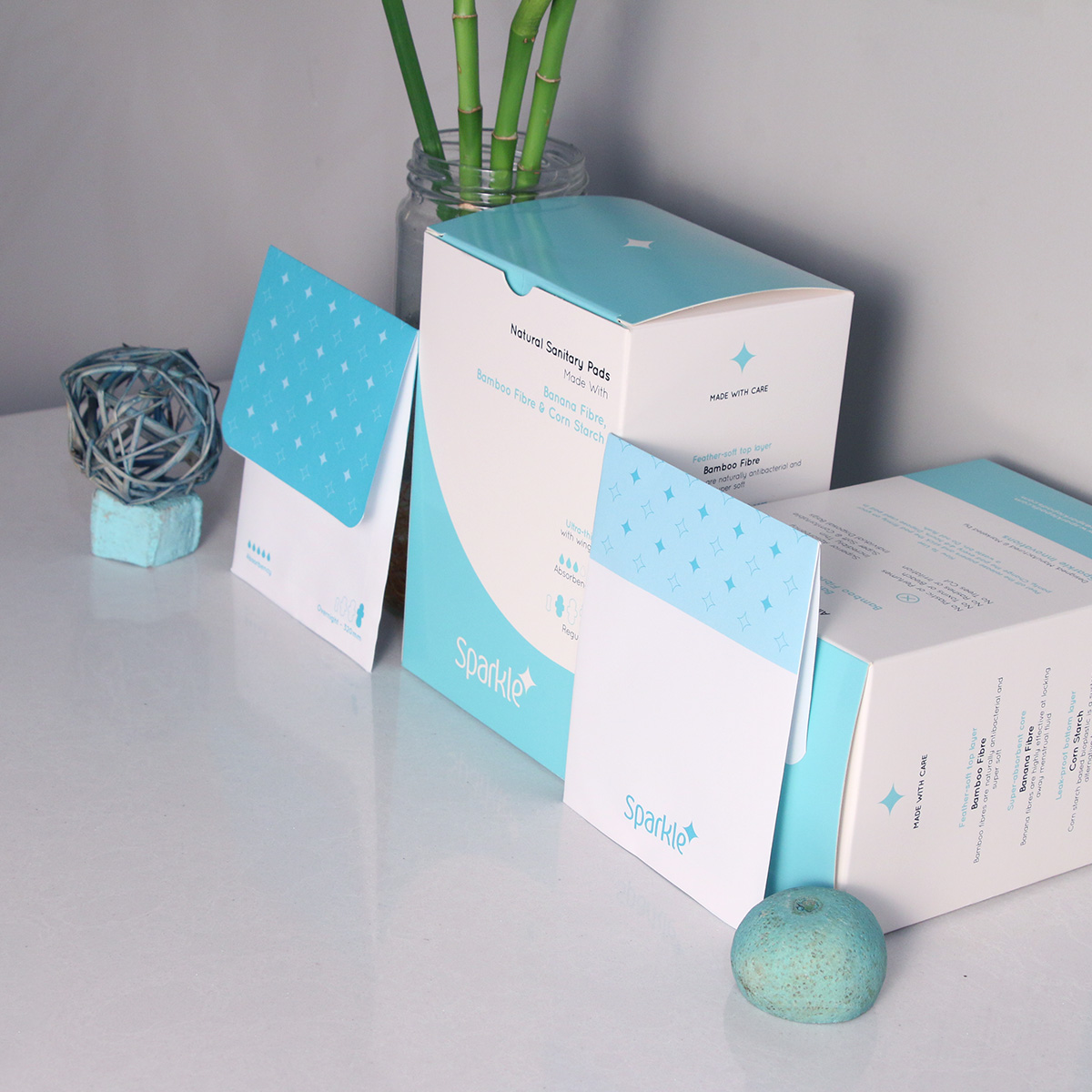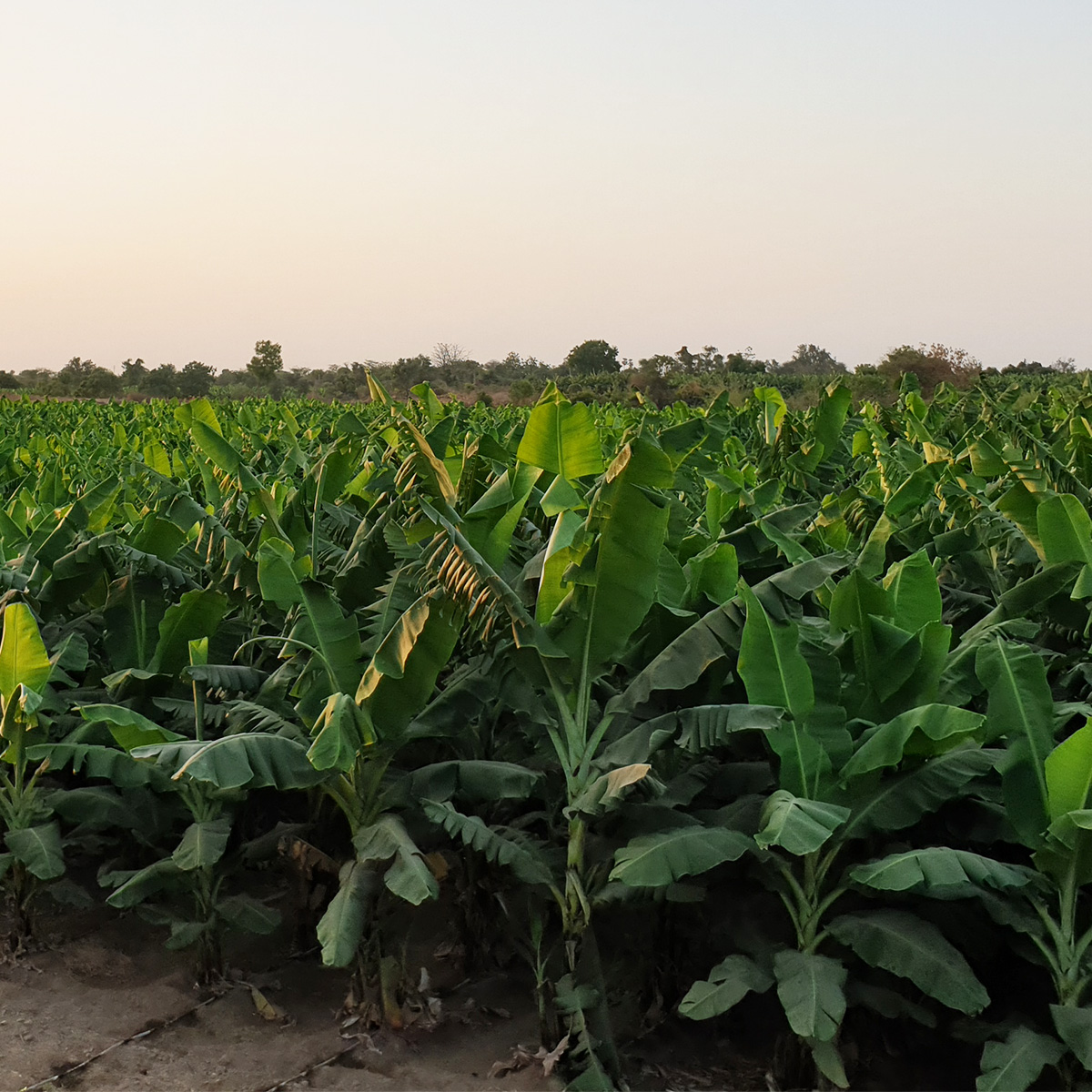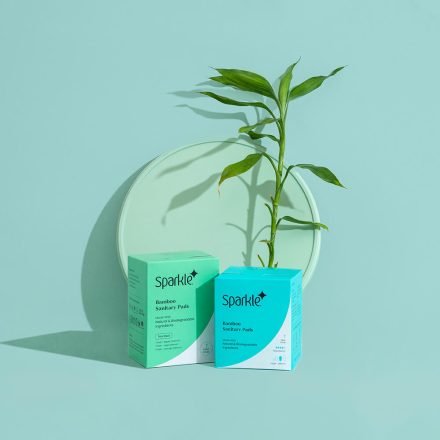The best part about composting is that you can’t really go wrong with it. It’s a sustainable and natural process that helps keep the soil healthy.
If you’re reading this blog, cheers on taking one step towards a greener way of living by wanting to compost your natural sanitary pads – the world needs more individuals like you!
So, since you’re already convinced about composting your biodegradable sanitary pads at home, it’s natural for you to be curious about the next step – the actual process and duration of the composting. So, how long do these pads take to actually compost?
Natural pads (like Sparkle’s, for example) fall under the category of brown compost (which include materials such as hay, straw, pruning cuttings, sawdust, wood chips, etc). Since brown compost items include fibrous materials, they typically take longer to decompose than green compost (grass, vegetable peelings, eggshells, etc).
It’s been observed that sanitary pads made with natural materials take roughly around 12-18 months to decompose in a compost bin. Do keep in mind that each compost bin might differ in terms of moisture levels, content, rough materials, and temperature maintained. You can also expedite the composting process by cutting up your used sanitary napkins; as you’re making the pad into smaller pieces, they will biodegrade faster, as the microbes can break down the material faster.
Once I’ve cut up my pads, how do I go about composting them?
As mentioned in our last blog: Is it possible to compost sanitary pads?, you can make/use a normal composting bin. You can try any of these composting methods for favourable results:
- Bokashi Style
- Trench Composting
- Hot Composting
- Humanure Method
These methods are used worldwide because they can eradicate biohazardous bacteria and pathogens present.
What should I do with the compost once it’s ready?
Since Sparkle pads do not contain any plastic and are, in fact, created from natural, biodegradable, and compostable ingredients, they are safe to compost. However, whenever you compost any item containing bodily fluids such as menstrual blood, we always recommend being mindful as it could house blood-born, infectious pathogens in some cases.
If composting is carried out correctly, all pathogens will be killed by high composting temperature, making it safe to use in your garden. If you are using a backyard compost bin to compost used sanitary pads, it’s always a good idea to use your compost as garden soil for plants rather than for growing your fruits and vegetables.
Did you know that you can use the “Hot Composting” method to speed up the composting process. To learn more about hot composting, you can read: What Is The Secret Behind Hot Composting?
